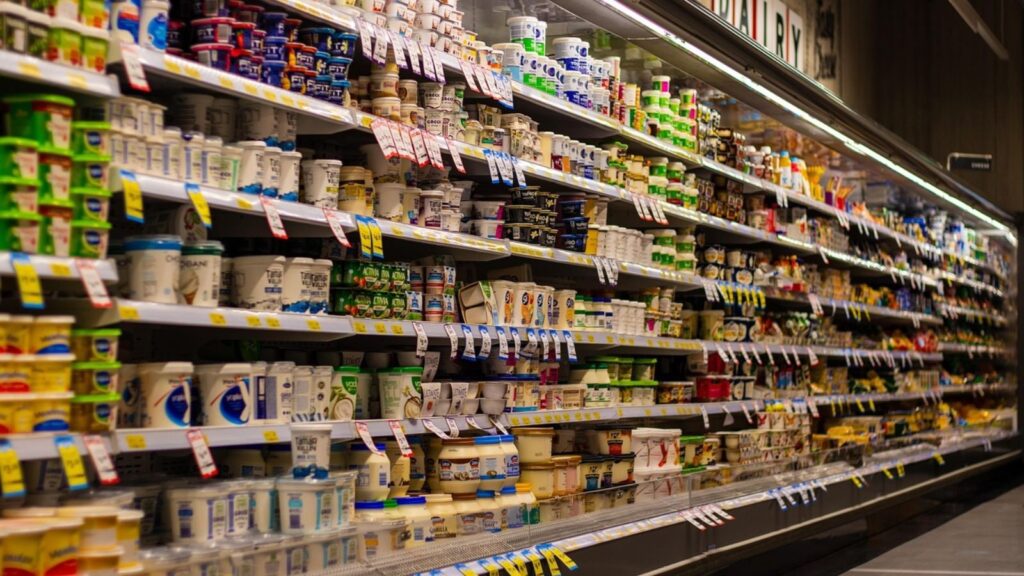The reformed GST regime that came into effect Monday “will strengthen local businesses”, says Praveen Khandelwal, the general secretary of the Confederation of All India Traders, a body constituting lakhs of small and medium-sized business owners across the country.
A BJP MP and an old hand in New Delhi’s trading circles, Khandelwal was part of the initiative to seek feedback on the rejig of the GST by the government.
“Local businesses are the backbone of our economy. For the first time, a Prime Minister has taken a big step to strengthen that backbone,” Khandelwal told The Indian Express, who says small-and medium-sized businesses in markets such as Azadpur, Chandni Chowk and Bhagirath Palace are excited about the festive season since the news of the GST revision came.
Backing traditional traders and retailers in the face of e-commerce was Khandelwal’s key plank in the business-dominated Chandni Chowk seat, from where he won in the 2024 Lok Sabha polls.
As per the first-time MP, the GST reforms were the first of its kind since Independence. “In our terminology, they would say this is wholesale bonanza… As traders, our costing comes down drastically because of less tax.”
Khandelwal said this “would leave more money in the pockets of the traders” and help them expand their current operations. “There was a recent SBI report that said that consumption will increase by 7 to 8% after these reforms. If that happens, we will naturally have to increase production. This is why the PM’s call for Swadeshi products… We are visiting markets daily… The response is smiles on the faces of traders. This is not just morale-boosting, it will also effectively curb the urge to do any illegal business,” said Khandelwal.
Lower taxes, according to Khandelwal, would also stall the urge to cut corners while filing GST returns. “If the tax itself is 5%, who will risk it? In totality, we are going towards an ecosystem which will strengthen the self-reliant vision of Prime Minister Modi in the larger interest of the country,” he said.
Story continues below this ad
“If we are able to do this, then it will be us who sets the world order in this respect. Local businesses are the backbone of our economy,” he added.
The rate rejig for the eight-year-old consumption-based tax has been done across sectors such as agriculture, textiles, fertilisers, health, construction, transport and renewable energy. Termed as GST Bachat Utsav by Prime Minister Narendra Modi on Sunday, the rate rationalisation is meant to leave more disposable income in the hands of people, which is seen spurring household consumption and which in turn could incentivise investments. The government has also placed its bet on the potential consumption boost as it expects it will help it offset the revenue loss arising from the rate cuts on over 375 items.
The GST regime, rolled out in July 2017, subsumed 17 indirect taxes and 13 cesses, has seen over a dozen rounds of rate tweaks so far. But this round of reforms focused on a major restructuring of GST slabs.
© The Indian Express Pvt Ltd


